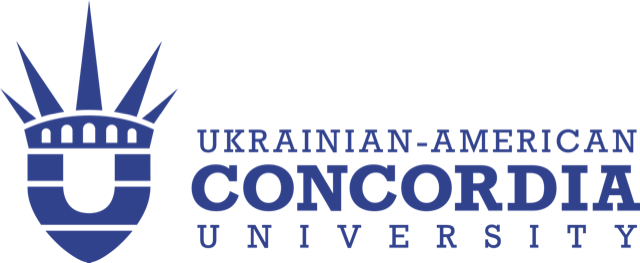This program is designed for aspiring entrepreneurs and those who want to develop or strengthen an entrepreneurship climate. Participants will develop entrepreneurial mindset and skill sets, learn how to bring innovations to the market, and craft a business model to successfully launch the new business. The course examines the entrepreneurial mindset and skill sets, indicators of innovation opportunities, innovation strategies to establish and maintain a competitive advantage.
The course will cover the new tendencies and modern trends and their reflection in business activities. In particular, how the latest pandemic changes transfer entrepreneurship will be the new normal for business. Explains how a new sustainable development framework will affect the business activities and incentivizes changes and innovations. The AI is changing the processes on micro and macro level, forcing rethinking the accessibility and importance of the main factors of production for starting and developing the business.
Moreover, course materials reflect geopolitical and international aspects of entrepreneurial activities, including transferring technologies, greening all processes, and tracking the life cycle of goods and services from creation till utilization or recycling; rethinking communication with consumers from new channels like tick-tock and others.
Courses cover topics: finance, leadership and management, marketing and planning, operations, and strategy.
Learning Outcomes for the Course
– Understand and apply structural analysis and ratio analysis techniques to evaluate public companies’ financial position and financial results.
– Apply unit-economy techniques for analysis
– Formulate and communicate about the value if the product or idea and competitive advantage
– Differentiate the role of leader and manager, understand how to establish the communication channels in the organization.
– Develop an understanding of how to develop winning investor pitches. Understand who and when to pitch, how to avoid common mistakes, and how to ‘get to the close.’

